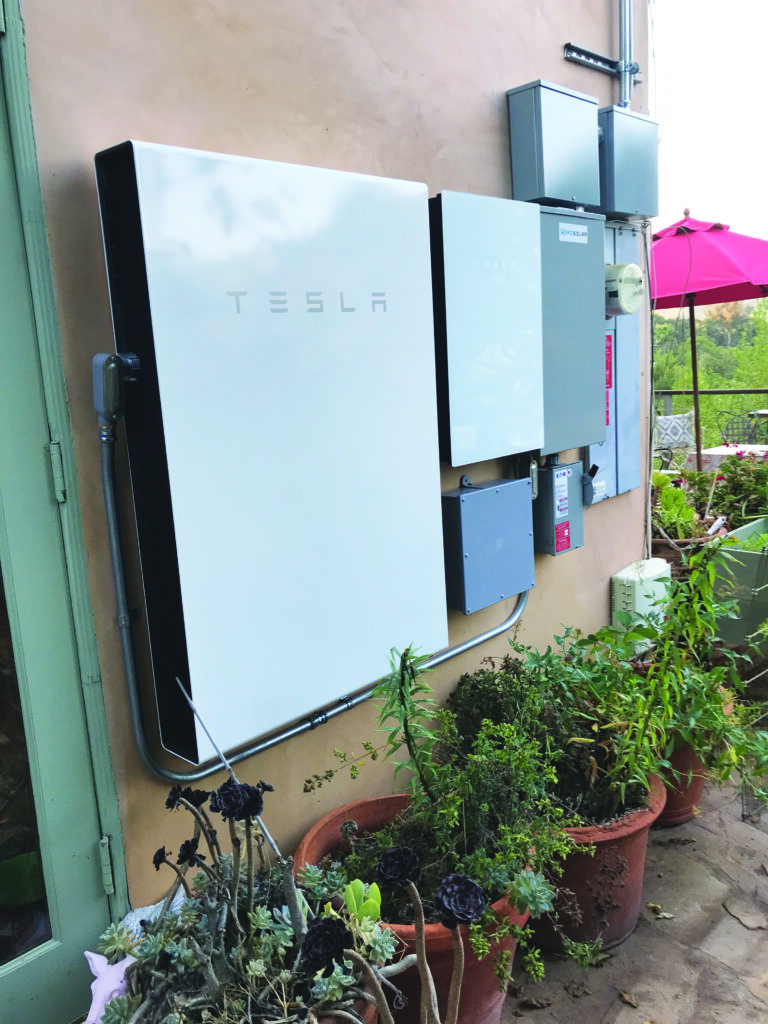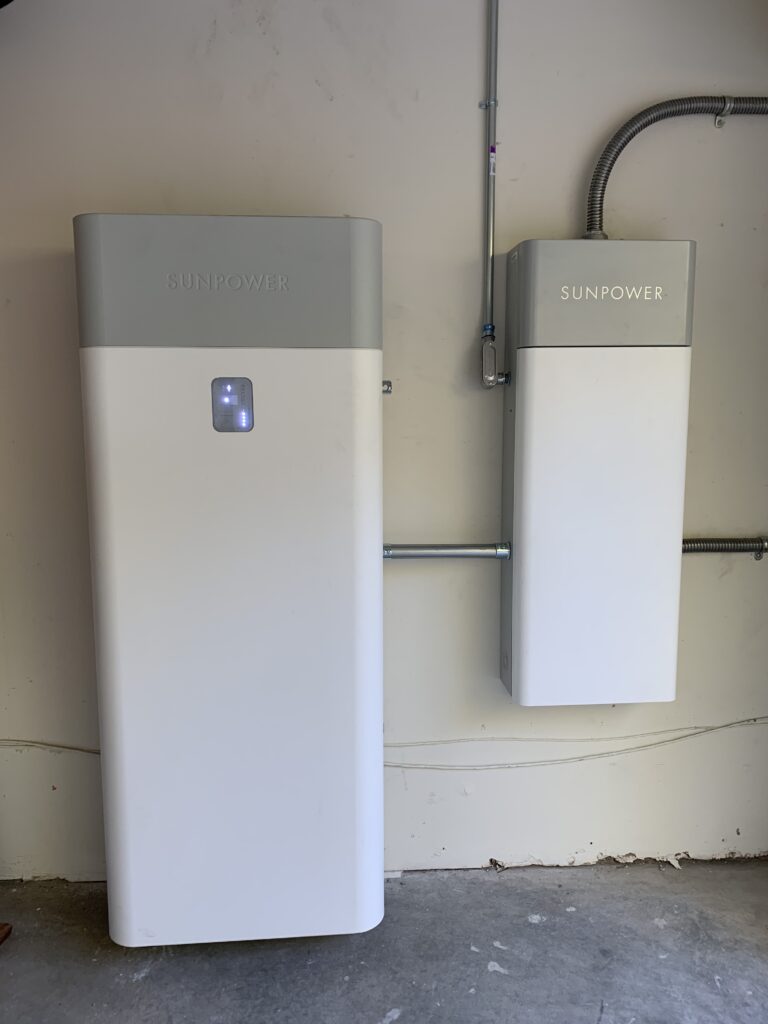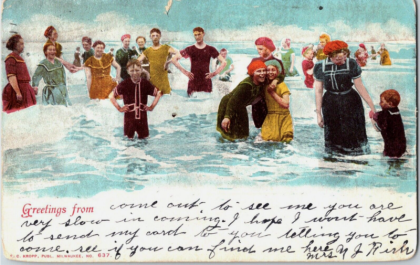In January, Topanga saw two weeks of threats by Southern
California Edison (SCE) to turn off the grid due to high wind. In early
January, the utility warned that PSPS—Planned Safety Power Shut-
Off could affect 15,000 homes; the following week, 26,000 homes were
threatened, and several neighborhoods were fully affected:
Topanga was lucky…but just like the hard drive on your computer,
“it’s not IF the POWER will go down, but WHEN!”
I have been installing PV solar in Topanga for years, but over the
last 12 months, every inquiry is about the availability, reliability, and cost
of home power battery-storage. Let’s start with the basics.
SMALL BATTERIES: Yeti batteries are charged from the grid, or
portable solar panels. They are small (like a breadbox), inexpensive,
but have very limited backup. From $500 to $3,000 one can pull it out
of a closet or keep it connected and ready to kick-in automatically to
power your phones and internet, but not large or numerous appliances.
SCE now offers other small solutions (many with rebates). You can find
some at www.goalzero.com/product-features/portable-power-stations
and www.marketplace.sce.com/portable-power-stations/
Another resource is Topanga local, Jane Terjung who is very
knowledgeable, has hands on experience and is happy to give advice.
[email protected], (310) 488-8779. She also maintains an
informative website www.janeterjung.org/StayConnected
GENERATORS: A small portable generator can be purchased
for between $800-$1,200, which CAN run a refrigerator and a few
accessories. Edison is now showing a $500 rebate for the larger models.
Pros: This is a minimal investment, and no electrician is needed,
or permits required.
Cons: A Generator operates on gasoline or propane. Gas has a
limited shelf-life, it breaks down over time. Generators have to be pulled
out of storage, started, and appliances plugged in by hand (it’s only
for the fit and hearty). Unenclosed generators are noisy! Some have
electric starters, but if not run regularly, the starter battery will be dead.
See www.marketplace.sce.com/portable-generators
FULLY ENCLOSED AUTO-STARTING GENERATORS: These must
be permitted, wired & connected by a professional. (Shawn Rhodes,
Topanga electrician: 310-455-1332)
Pros: These will take over automatically in a power outage. Less
noisy than smaller un-enclosed models, they can run your entire house.
Cons: They burn fossil fuel, they must be run twice a month, and
serviced once a year. They ARE dependable if maintained properly.

LARGE SCALE BATTERY SYSTEMS: TESLA was the first home
battery on the market. They are expensive ($9,000 to $12,000 after
incentives for a single unit) but Tesla is the best recognized storage
system, and carries the Tesla name.
Pros: A single battery qualifies for a 26% tax credit and about a
$2,800 rebate. Unlike generators they are programmed to store energy
in the afternoon, then offset expensive Peak Hour Costs (5-8p.m.) with
the new required Time-Of-Use rate. They burn no fossil fuels, are quite
silent, no service is required, and carry a 10-year warranty. Batteries
require solar power to charge them. Tesla batteries can be connected
to any solar generating system. With an appropriate photovoltaic solar
system, a house can operate indefinitely through a power outage.
Cons: Tesla batteries require 5 to 6 additional electrical boxes
added next to the sleek Tesla battery box.
A single Tesla battery stores about 13,000 watt hours, so larger
houses (over 1,500 sq feet) require 2 Tesla batteries. Xero Solar is a
leading Tesla installer. They have Teslas in stock, and they will service
Topanga. 310-376-8740 [email protected]

THE NEWEST RESIDENTIAL STORAGE SYSTEM: SunPower
recently launched their SunVault Storage that stores about 13,000
watt-hours, but can handle larger amp start-ups like toaster ovens,
microwaves, and space heaters. (26% tax credit plus $2,240 rebate
reduces investment)
Pros: The SunVault costs about the same as Tesla, but delivers
40% more power, allowing you to run more appliances.
Cons: SunPower’s battery will currently only operate with the
most recent SunPower panels (410-430 watts). SunPower will upgrade
their programing soon to work with all solar system.
Available from Smart Solar serving Topanga, Malibu, and West
Valley. 818-292-8065; [email protected]
By Lee Rhoads
Lee Rhoads has 12 years’ experience with solar and storage (including
the Topanga Community House installation) leesolarconsulting@gmail.
com 310-455-2958 home/office 310-487-5750 mobile












